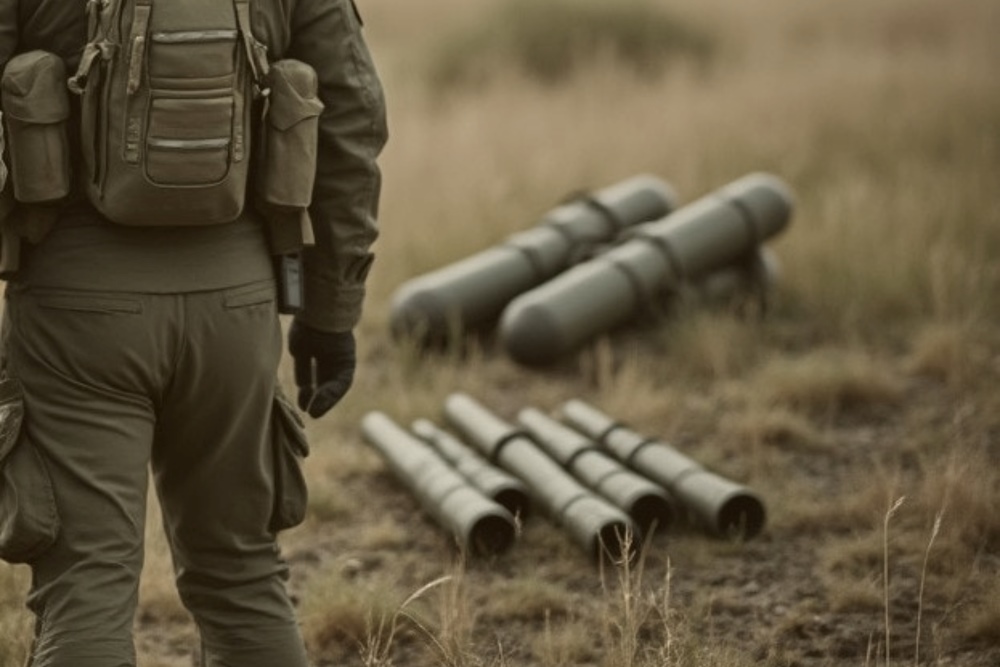
Reports indicate that IDF forces operating in southern Lebanon are seizing huge quantities of Hezbollah weapons, including Kornet anti-tank missiles. Rather than destroy them, the army is transferring them back to Israel, where a large arsenal of high-powered missiles is piling up.
This raises some interesting questions and possibilities as Israel decides what to do with these valuable weapons.
Notably, there is no public record of the IDF using captured Kornets operationally. Israel tends to use its own domestically produced or US-provided weapons, particularly for logistical consistency and efficiency.
However, the Russian-made Kornet is a highly effective weapon, known for its ability to penetrate advanced armor. The IDF is very familiar with it, as Hezbollah used it against Israeli forces in the past, including during the 2006 Lebanon War.
While the IDF normally does not use enemy weapons, a large enough stockpile of a highly effective system like the Kornet might prompt the army to rethink. The IDF could, in theory, make adjustments to incorporate the Kornet into certain units, though this would likely be limited to Special Forces or specific scenarios.
Stockpiling for emergency use
Technically, the IDF could adapt vehicles or launch platforms to use Kornets, or train specialized units in their use. There might be scenarios where using these missiles provides a tactical advantage, especially if there is a wish to conceal Israeli involvement.
Still, this would only happen if the advantages of using the Kornets outweighed the complications. The logistical complexity and risk of using foreign systems would remain significant obstacles.
Utilizing seized missiles could also be seen as a way to conserve resources, given the expense of anti-tank systems.
Moreover, even if the IDF does not plan to integrate the Kornet into regular service, it might choose to store the missiles for future contingencies and times of emergency.
In a major conflict or crisis, having a large stock of effective anti-tank weapons could provide flexibility, especially if Israel’s own anti-tank supplies were stretched.
Supply weapons to allies
Israel might also choose to pass on these arms to friendly forces that are fighting common enemies. Weapons like the Kornet could be given to groups aligned with Israeli interests, particularly if they lack access to advanced anti-tank systems.
Israel’s intel services could distribute the Kornets to proxies in a way that obscures their origin, allowing Israel to gain an advantage while maintaining plausible deniability.
Selling or transferring seized weapons to foreign governments or armed forces is another possibility, but this would depend on legal and strategic factors. Possible destinations that come to mind include Ukraine or regional actors that oppose the Iran axis. [here’s more info on Israeli support for Ukraine]
The weapons could be sold via intermediaries or brokers, allowing Israel to profit from the sale without directly engaging in sensitive arms trading.
In conclusion, while it’s possible the IDF could adjust its operations to make use of a large cache of captured Kornet missiles, this would most likely be in a limited or specialized capacity.
More likely options, such as transferring them to allies or selling them, could provide strategic or financial benefits without the complications of integrating foreign systems into regular IDF operations.


